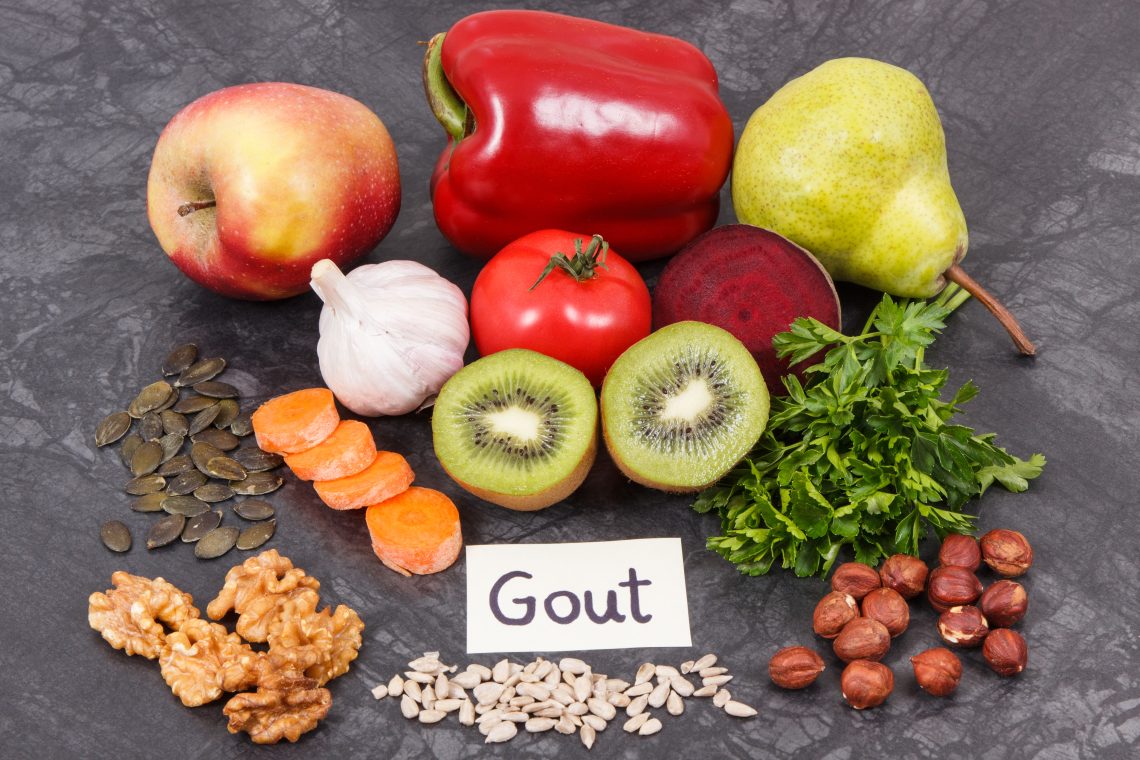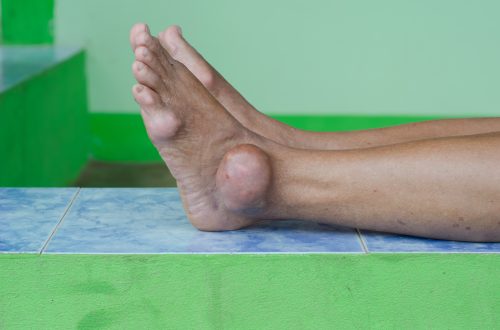
What is the best Treatment for Gout?
Gouty patients are treated to reduce the symptoms of the disease. This includes lowering blood uric acid to below 5-6 mg/dl in some cases (in patients with severe gout, or lower tophi), to dissolve the urate crystals in the tissues. This will prevent future gout attacks. SEPAR points out that the treatment for each patient will vary depending on the severity and extent of the uric acid increase and the cause.
Learn here all the Symptoms of Gout: Gout Symptoms
Gout Treatment
Gout treatment will begin with non-steroidal anti-inflammatory and analgesics. These medications should be taken as soon as possible after a new attack is detected. Diclofenac and dexketoprofen, indomethacin, and diclofenac are all recommended. Patients with renal impairment or other problems should avoid or limit their use. Instead, corticosteroids like prednisone can be used.
You can relieve your pain by resting, elevating the leg or foot, and applying cold compresses several times per day to the affected area. Colchicine is less commonly used than it was in the past. This is because other compounds are being introduced that have no adverse effects (nausea and vomiting ). This drug can only be effective if it is administered immediately after the attack.
Here you can find the best natural Treatment for Gout: Gout Treatment
Allopurinol is the most common drug used to reduce blood uric acid levels. This drug reduces the body’s production of uric acid. It is important to remember that there will be an abrupt drop in blood uric acid levels at the beginning of the treatment. This can trigger an attack of Gout. Colchicine must also be taken to counteract this effect.
Febuxostat is a medication that lowers blood uric acid. It has been included in this treatment in recent years. This is for people who are unable to take allopurinol or have renal impairment. Gout treatment is often quick and effective. However, patients should remember that it can take years to treat gout. They should also be mindful of the fact that gout treatment may cause relapses.
Gout Diet
Gout treatment should not be the only option. It is also important to control your diet. To avoid aggravating the condition, it is important to know which foods contain high levels of purines. Gouty patients should avoid the following foods:
- Red meat, fish and other protein-rich foods are recommended. Avoid seafood and all offal (liver kidney, liver, and sweetbreads) if possible.
- Reduce your consumption of legumes, mushrooms and other legumes. It has not been proven that certain purine-rich vegetables like asparagus, spinach, and cauliflower can affect uric acid levels or increase the risk of developing gout.
- Avoid high-fat, fried foods as often as possible.
- Reduce your intake of alcohol and sugary beverages.
- Fruits, vegetables, eggs and cereals are safe.
A healthy Diet is vital to fight Gout: Gout Diet
Gout patients should adopt healthy Lifestyle Habits
While diet modification is an important aspect of proper treatment and living with the disease it is just one aspect of daily living that gout sufferers should consider:
Slimming
It is strongly recommended that obese patients lose weight. You should do this slowly, as a sudden drop in weight can cause uric acids stones to form in the kidneys (due to an increased concentration of uric Acid in the blood).
Gout Exercise
Regular exercise is important for maintaining a healthy weight and allowing flexibility in the joints. Some sports may not be suitable for them. Avoid running on asphalt and avoid impact sports like swimming, stretching, stationary biking, etc. It is important to practice. A professional can design and monitor an exercise program that reduces discomfort.
There are also many Home Remedies to prevent Gout: Home Remedies For Gout




